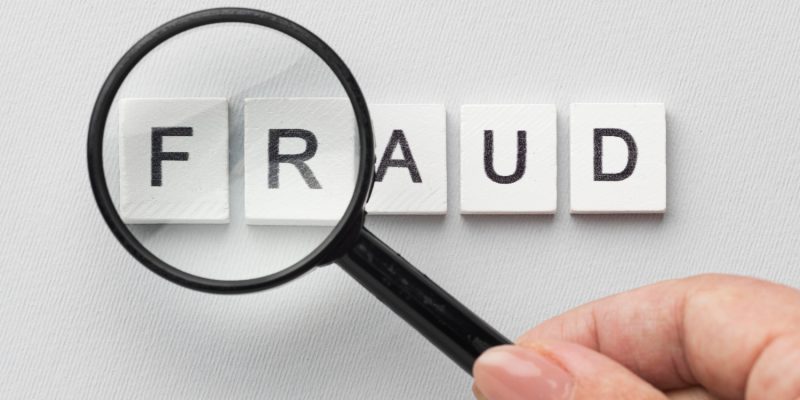How To Identify A Loan Scam

Have you found yourself in a bit of a tight spot because of an unforeseen expense? Many people turn to external credit to cover urgent costs like a vet visit or a boiler repair. This is exactly when caution matters most. Predatory lenders thrive on urgency and will dress up risky offers to look safe. Watch for “too good to be true” promises such as ultra-low interest, a “refundable” £100 processing fee, or claims of zero credit checks. These can look genuine at first glance, yet they have all the hallmarks of a loan scam.
Understanding Loan Scams
Loan scams these days are devised cleverly and are designed to entice you to take a risk when you need money the most. They know people under pressure are more vulnerable and can be taken advantage of quickly with fake clickbait offers. Many fraudsters create websites that look professional, use convincing language, and even copy names of legitimate lenders. This is why it’s important to understand the signs of a loan scam and be aware, especially when you’re scouting for credit to meet an emergency expense.
Take a moment to verify the site’s authenticity by looking for a padlock in the website address bar and looking for https in the web address. You could also compare the domain spelling with the real company and check for a real address that matches their Companies House listing. Be wary of requests to pay by gift card, crypto, or bank transfer only.
In this article, we discuss the ways you can stay vigilant about loan scams and protect yourself during a financially vulnerable time.
What Loan Scams Often Look Like
Although fraudsters are getting smarter, there are a few patterns that are common across loan scams. Some will tell you that your loan has already been approved but insist you pay an ‘admin’ or ‘insurance’ fee before you get the money. Others might pretend to be your existing lender and claim you have missed a payment and need to send the money immediately.
Some are more subtle, where they ask for details while filling a form, and then seemingly nothing happens when you click on submit. The one thing to remember is that if a lender is trying to force you to make a quick decision, you should probably pause or rethink your decision.
How to Protect Yourself
The best thing you can do is to slow down. If you have found a good lender, take your time to do your due diligence before clicking on ‘apply’. A reliable lender will not guarantee approval without checking your credit history or ensuring you have the means to pay the money back. They also won’t demand upfront payments by bank transfer or a gift card. Most importantly, they’ll never pressure you into making a quick decision, which is always a red flag.
It would help you to do an independent search of the lender’s name, plus look at reviews beyond their official website. Never share one-time passcodes, card PINs, or remote access to your device.
If you are unsure at any point, do a quick check on the FCA website. Every lender needs to be registered there, and the register is public. If you can’t find them on the FCA database beyond the advertisement in front of you, that might be a red flag as well.
What If You Have Already Been Caught
If you have fallen for a scam, you are not at fault. The fraudster’s entire model is based on deception, and there are bound to be a few victims. If you have realised that you’ve been tricked, you need to act quickly. The first thing to do is report to Action Fraud and get a crime reference number. The next call has to go to your bank to secure your accounts and try to block any further fraudulent transactions.
If you have shared your personal information, also check your credit report to make sure that no one has taken out credit in your name. A final important step that could help you is changing passwords and setting up fraud alerts on them. If you are in the UK, you could also place a Protective Registration with CIFAS.
These steps might not help in getting your money back, but they will certainly help in making sure you don’t face any further repercussions.
Why It’s Important to Be Aware
Loan scams are designed to trap you at your most vulnerable moment, like when you are worried, tired, or desperate for quick money. Being aware of the warning signs will help you retain control in those moments. An ethical lender will never ask you to make a decision in a hurry, will always be transparent about costs and repayment terms, and will never ask for sensitive details like passwords or PINs.
In Conclusion
The only way to avoid falling for a scam is to pause after every step and double-check. If you feel something is off or the deal seems too good to be true, it’s a sign that you need to look elsewhere.
You are borrowing because of an emergency, and the money you get should help you improve the situation and not make it worse. Taking the time to check who you’re working with means you can borrow safely without putting your financial future at risk.











